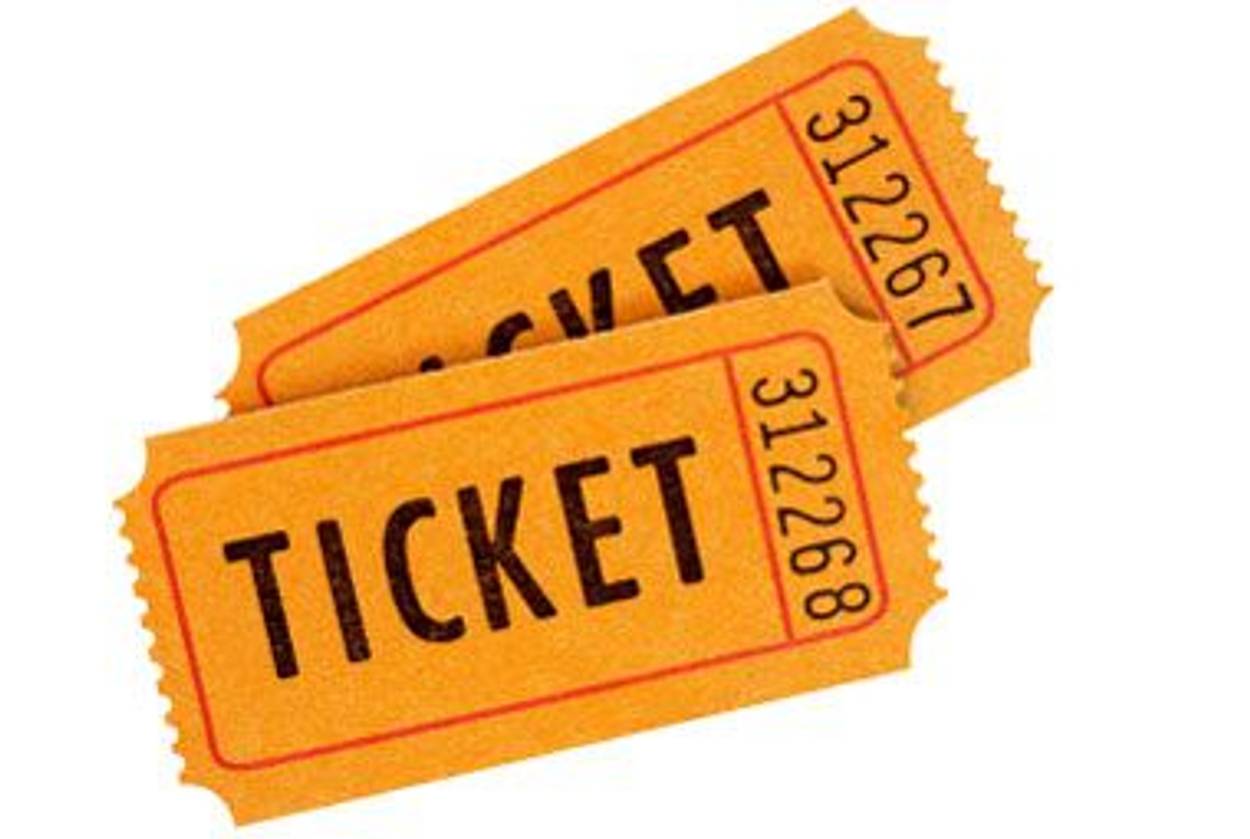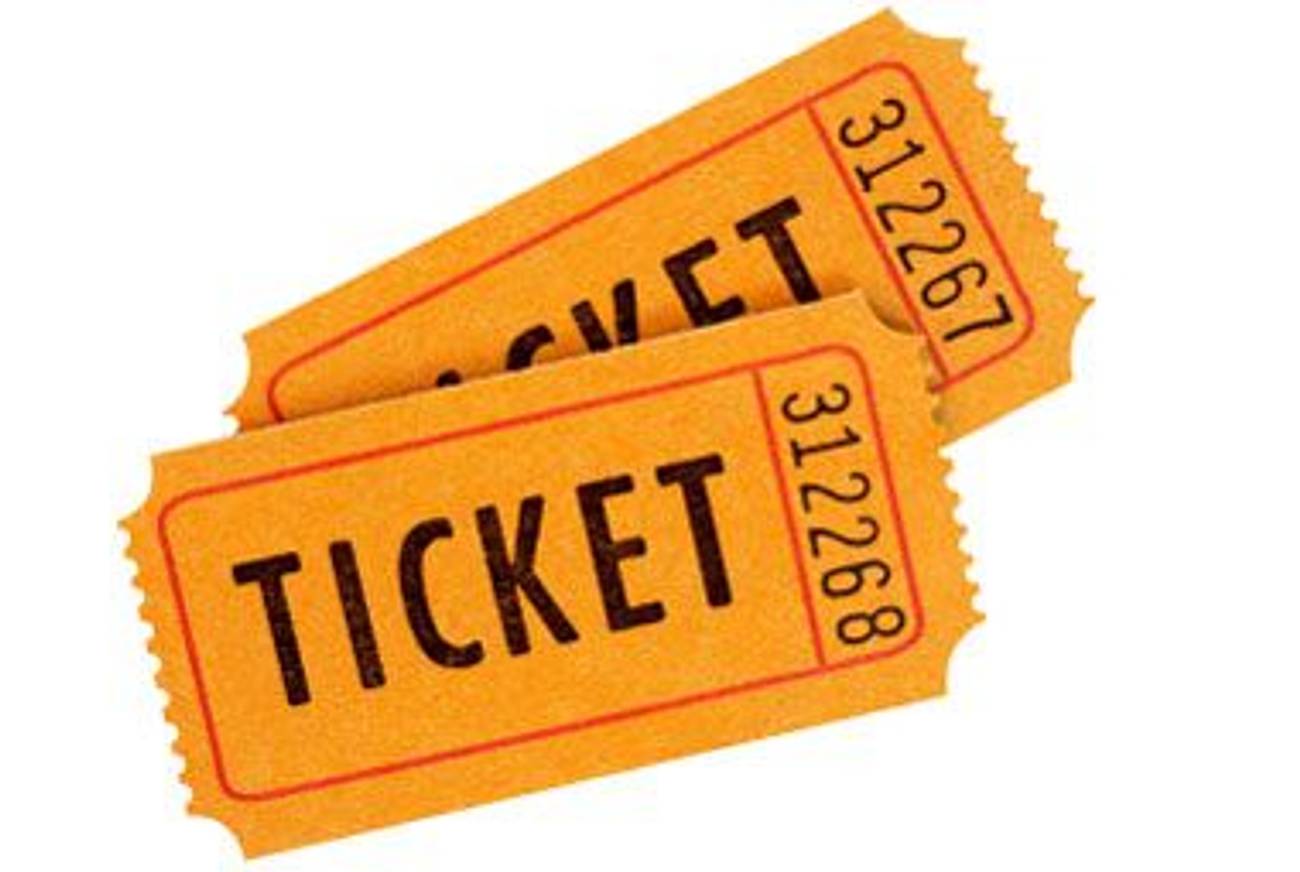Service Charges
How synagogues and their congregants are handling the economic downturn




The High Holidays will be a little different this year for Lisa Fox, a 47-year-old travel agent and single mother of three in Cherry Hill, New Jersey. Because times are tough for her, instead of spending an extra $300 for a membership package that would include premium tickets to Rosh Hashanah or Yom Kippur services at her Conservative synagogue, she’ll sit behind the sanctuary in the social hall, as her regular membership entitles her to do. And because times are tough for Congregation Beth El, Fox didn’t receive two tickets in the mail—one for herself, one for her boyfriend—as she has in the past few years. This year she only received one. Upon inquiring, she was told that if her boyfriend wants to accompany her, he will need to present a letter vouching that he’s a member in good standing at his own synagogue in Philadelphia.
“You make accommodations for the economy,” said Fox, who added that several of her friends have dropped their synagogue memberships in the past year for financial reasons. “I think they’re being more strict but trying to be accommodating at the same time.”
It’s a double bind: many synagogue-goers—both the weekly and the annual variety—can’t afford the traditionally expensive tickets to services this year, while synagogues, which depend on the contributions of their members, are struggling to accommodate them.
In New York City, Rabbi Judith Hauptman, a professor at the Jewish Theological Seminary who leads a free service geared toward young adults every year, said she’s never gotten so many reservations so fast—but also that contributions from the donors who fund her service are lower than usual this year.
“The economic downturn is of course the kind of factor that’s going to increase turnout” because people seek solace in religion and community, Hauptman said. But that doesn’t mean they’ll be able to pay for it. “I think that the number of people looking for either inexpensive or free services this year is going to shoot way up.”
In Miami, Rabbi Hector Epelbaum of Temple Beth David, a Conservative shul, said he expects that the major fundraising that usually takes place around the High Holidays will be low this year—which is a problem because the synagogue is also offering more than the usual number of reduced rates and day school scholarships. “I feel that this year is going to be more difficult than the last one,” he said. According to the Los Angeles Jewish Journal, synagogues generally strive to cover between 60 and 70 percent of their costs with dues, but wind up with only 45 or 50 percent covered that way—an annual shortfall typically covered by donations. But with both dues and donations down, some synagogues are cutting programs, laying off staff, or asking rabbis to take paycuts.
Though many synagogues routinely offer free or reduced-rate High Holiday tickets to members in need, just as they offer negotiable membership fees, those provisions are often only accessible to people who ask for them. “I’ve had a lot of people who’ve had to come to me for the first time, and there’s a lot of pain in doing that,” said Rabbi Anthony Fratello, who leads Temple Shaarei Shalom, a Reform temple in Boynton Beach, Florida. “They feel terrible about it.”
But Alan Sherman, executive vice president of the Palm Beach County Board of Rabbis, says the perceived stigma of asking for help may be lifting this year. For the past 30 years Sherman has placed newspaper announcements before the High Holidays offering to match Jews in the community with free or discounted services. “This year things have been totally upside down due to the recession, people’s job losses, and the fact that people—and this is a good thing—aren’t embarrassed or ashamed to ask for help,” Sherman said. “I’ve been inundated with a lot of requests.”
For Sherman, this suggests that the traditional High Holiday ticket model isn’t working.
“Maybe we have to reexamine the issue of charging money for this,” he said. But Fratello read the situation differently: as an argument for the utility of the synagogue membership system. “Part of the reason synagogue membership is so important is that in hard times, there’s somebody you can turn to. There’s so many havurot,” he said, referring to Jewish fellowships that meet routinely for prayer, “that have sprung up and people say, ‘The synagogues aren’t necessary.’ That’s all well and good, until somebody needs something. If you don’t support the synagogue or the congregation when things are good, they’re not going to be able to support you when things are bad.”
Ari M. Brostoff is Culture Editor at Jewish Currents.